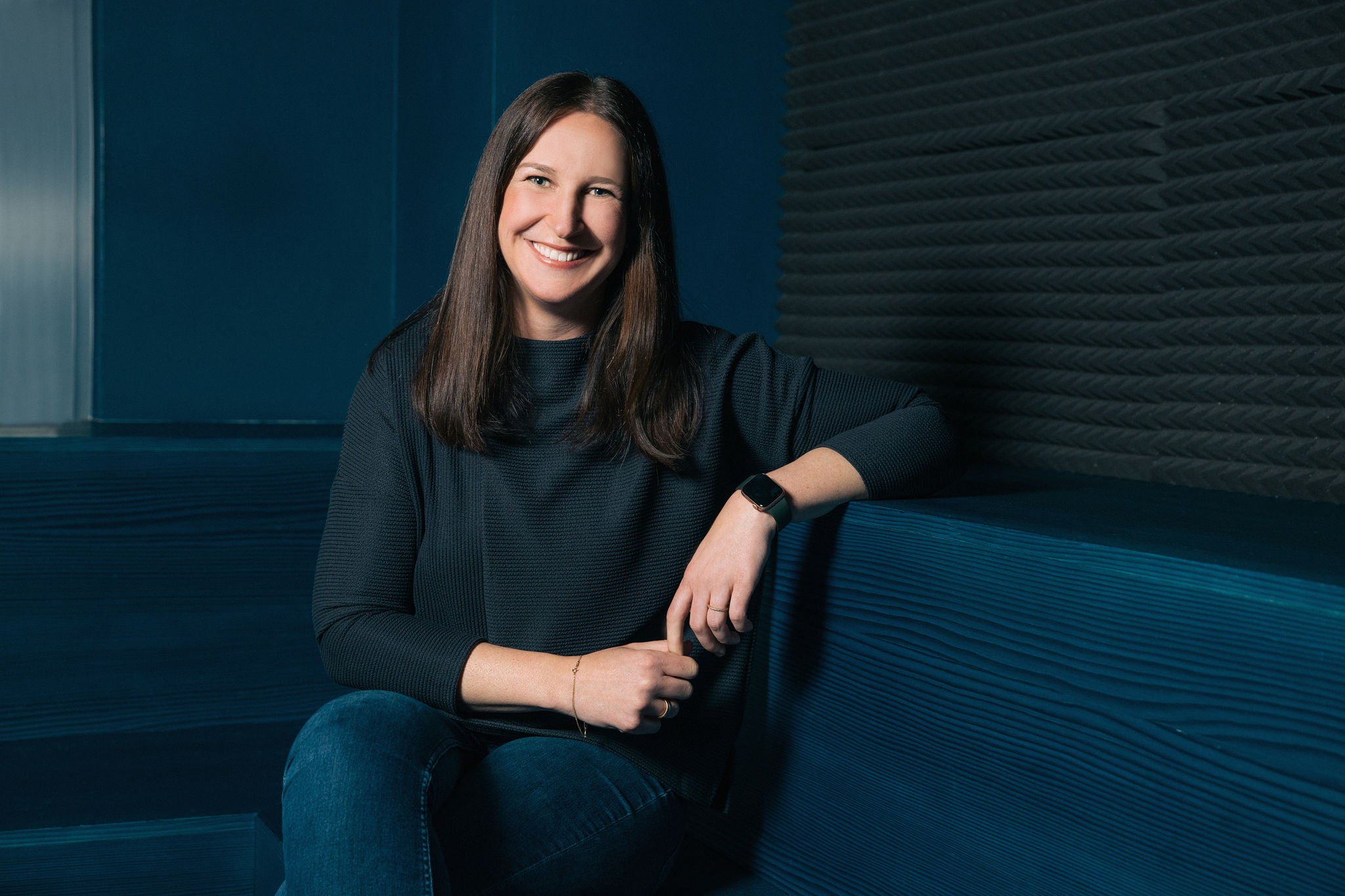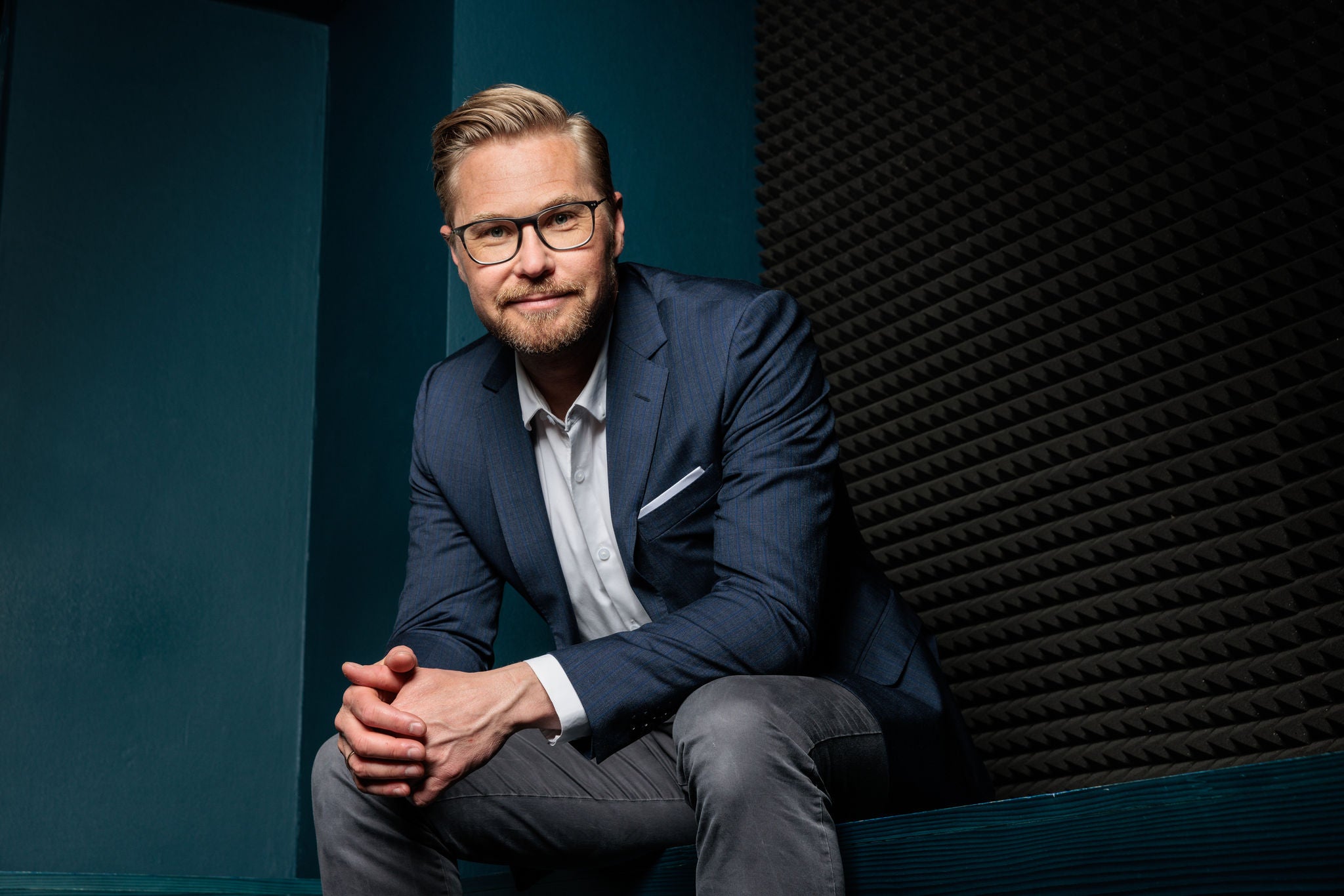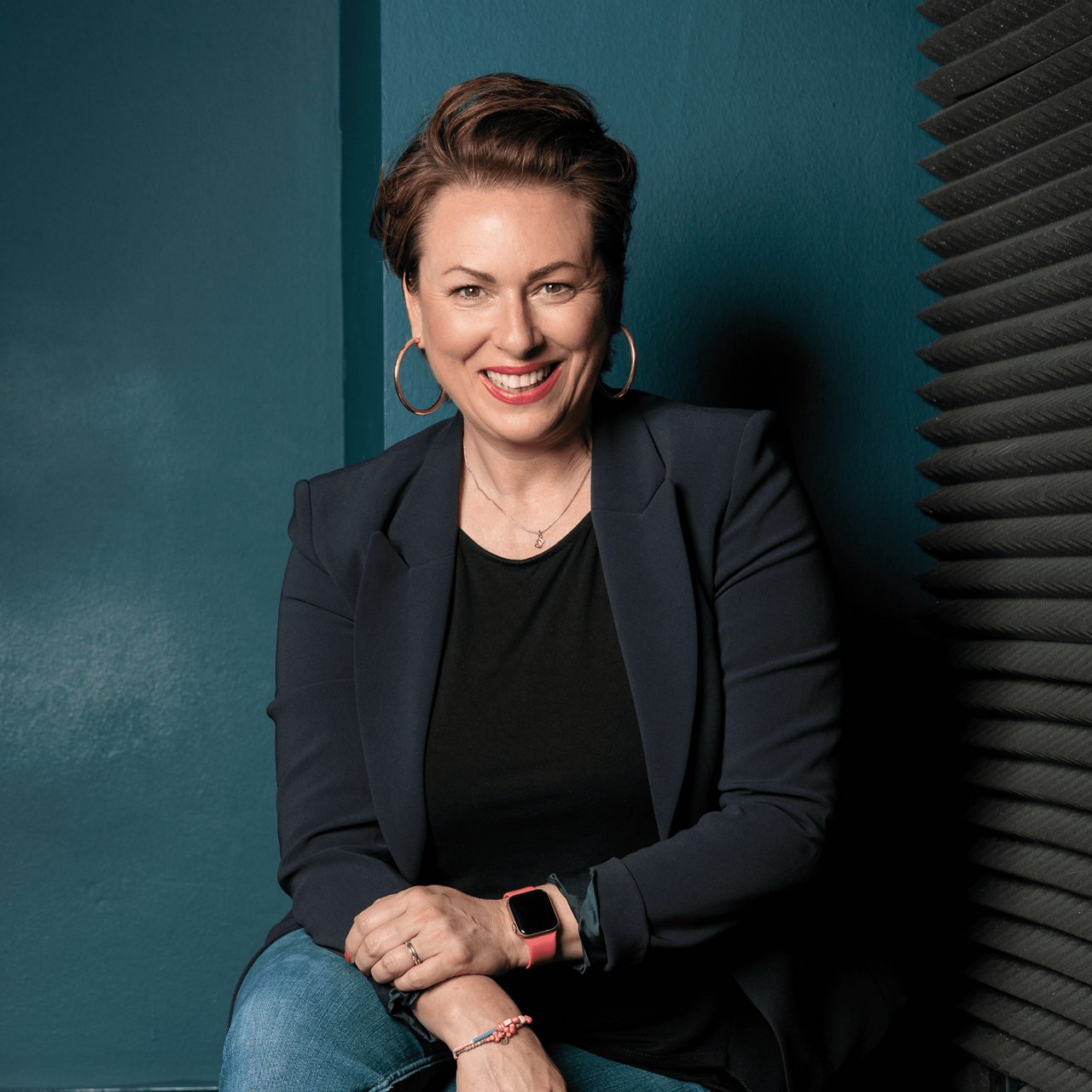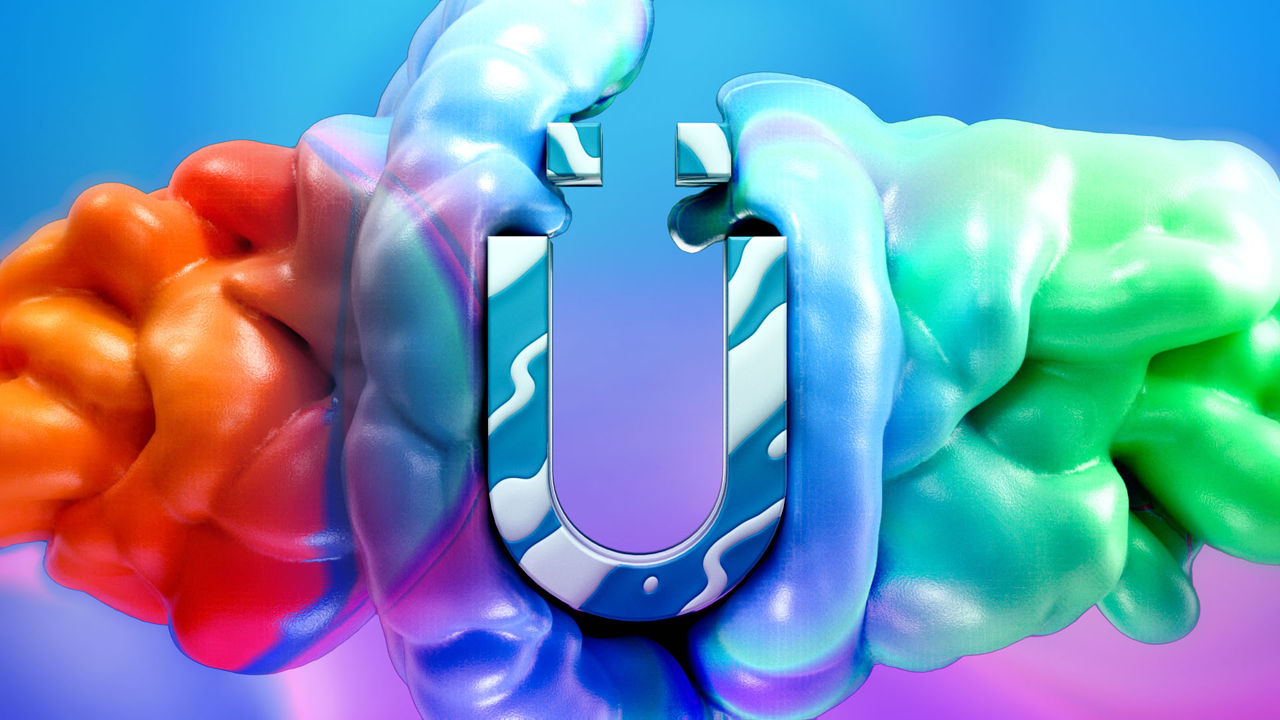In the dynamic world of advertising, the marketing landscape is constantly shifting. Driven especially by the rapid evolution of social media platforms, it undergoes constant shift in user behavior, algorithm updates and emerging trends – not to mention the rise of AI. In such a context, traditional advertising methods really do struggle to keep pace. To top it all off traditional approaches are facing a formidable challenger – ÜberCreativity.
ÜberCreativity, our unique Serviceplan Group creative approach, thrives in this world of uncertainty and volatility by adapting and leveraging new opportunities swiftly and ensuring that brands remain relevant and resonant amid the unceasing transformation of the old marketing industry.
While “integration” or “360° communication” have long been mere promises to clients, ÜberCreativity at Serviceplan Group has been a lived reality for decades – not to say since our founding in 1970. In contrast to traditional and one-dimensional briefing-solution-relationships between clients and agency on the one hand and between accountants and creatives on the other hand, ÜberCreativity always strives to take the non-linear solution path. It ventures onto the unexplored, steep ascent and searches for the undiscovered junction to yet unclimbed elevations.
For us, ÜberCreativity describes an evolved form of innovation and is crucial for overcoming the limitations of marketing communication. ÜberCreativity happens when different communication disciplines combine their specific strengths to elevate an idea to an unprecedented creative level. It is never an end in itself, but always serves to unite communication at the highest creative level and efficient marketing planning in a single, highly integrated process.
Breaking the Mold: ÜberCreativity Across Boundaries
ÜberCreativity breaks free from the constraints of traditional thinking, building brands that transcend discipline and genre boundaries. In a world where consumers are fed up with information, ÜberCreativity provides a fresh perspective, generating new impulses that capture attention and resonate with diverse audiences. It is not just about being visible and distinguishable; it is about being genuinely remarkable.
The Deconstruction of Brands: ÜberCreativity in Context
Unlike the conventional belief that brands are only constructed by marketers, ÜberCreativity acknowledges that brands are also formed and deconstructed by the people – always within its inherited context but also constantly adopting the cultural background of its consumers. This comprehensive approach ensures that brands are not detached monoliths but living entities that connect with people on a highly emotional level.
For each Serviceplan Group employee, whether creative director or recruiter, ÜberCreativity means thinking beyond the expected in everything we do, responding to emerging trends, and integrating adaptability, scalability and extraordinary crafting into every project. It is about fostering an environment where each team member is encouraged to explore, experiment, and push the boundaries of creativity. At every single project phase, we are embracing diverse perspectives and stay open to collaboration across disciplines. Whether in ideation sessions, client interactions, or project executions, the essence of ÜberCreativity is translated into top notch execution that redefines how we approach and deliver exceptional work.
ÜberCreativity in Action: Real-World Examples
Let us dive into some of our best-known examples and actual proof points of how ÜberCreativity can substantially and sustainably reshape the advertising landscape as we know it.
For Lufthansa, ÜberCreativity helped us to translate the iconic power of a global brand into a new language – based on a strong and simple universal insight. With this unique approach, we found a key to the hearts and minds of a global audience using words and images that do not need any more explanation. As a result, the global Lufthansa brand will become again part of the worldwide cultural discourse.
Working for MINI, ÜberCreativity guided us to respond quicker and in a more empathic and authentic way to the needs and sentiments of the MINI community instead of following a rigid marketing calendar. With this simple but difficult paradigm-shift, we created not only brand loyalty – or even brand enthusiasm – within the community but also played a crucial role in developing and implementing actual user-generated product features.
In “Aizome – Wastecare”, ÜberCreativity helped us to create a truly universal brand experience that reflects the needs and attitude of a young, hyper cultural target group. We addressed the desire for a sustainable but highly individualistic and aesthetic lifestyle. Aizome – Wastecare is the essence of a unique collaboration of most talented art and UX designers, textile industry professionals and storytelling experts from all over the world.
ÜberCreativity is here to stay
For every single Serviceplan Group employee, ÜberCreativity is not just a passing trend nor an award topic nor a hollow phrase in some generic credential presentation that no one really reads. For us it has long become part of our DNA. For existing and future clients, it signifies a fundamental shift in perspective that every brand should embrace.
As we navigate the future of the advertising industry, ÜberCreativity will be key to staying ahead. It allows us to construct brands continuously which – in our opinion – is the only way to adapt advertising to the ever-changing reality of the age of digitalization, personalization and the absence of monopolized opinion making.
The future of advertising will be ÜberCreative – or advertising will not have a future. Thus, it is time for us all to to fully embrace the dynamic and boundary-pushing approach of ÜberCreativity that will shape the brands of tomorrow.
Author: Alex Schill, Global CCO of Serviceplan Group
Have fun with our #ÜberCreativityMeans series!
More insights on ÜberCreativity?
We asked our creatives from all over the world what they understand by ÜberCreativity. What does this fundamental idea of our agency group mean to them and their work?
Interested in more content?
Back to Issue #14



